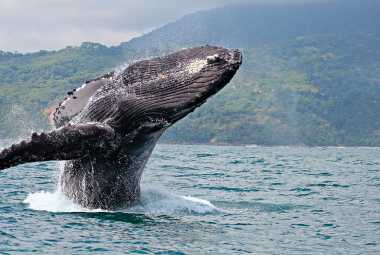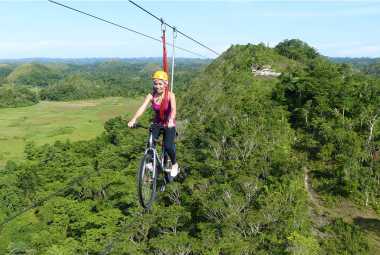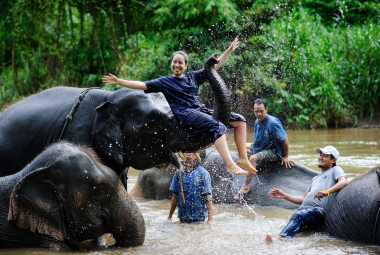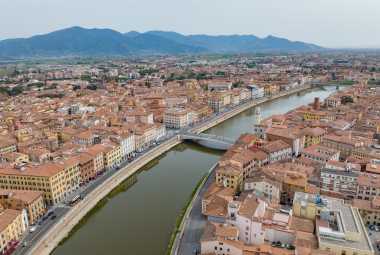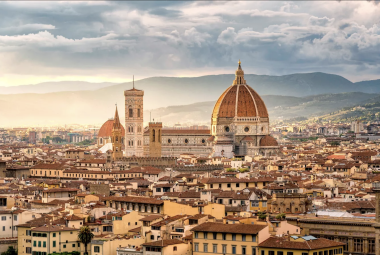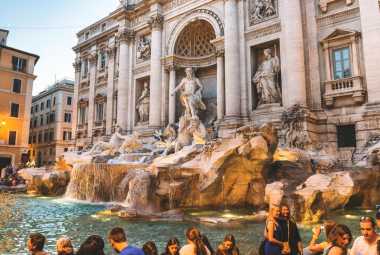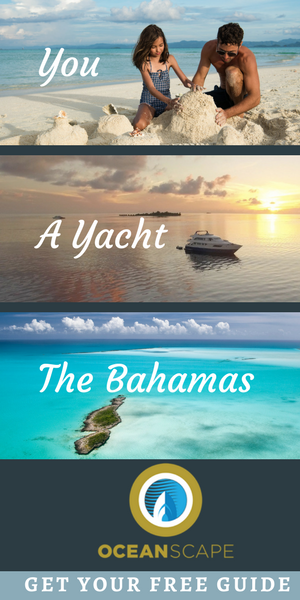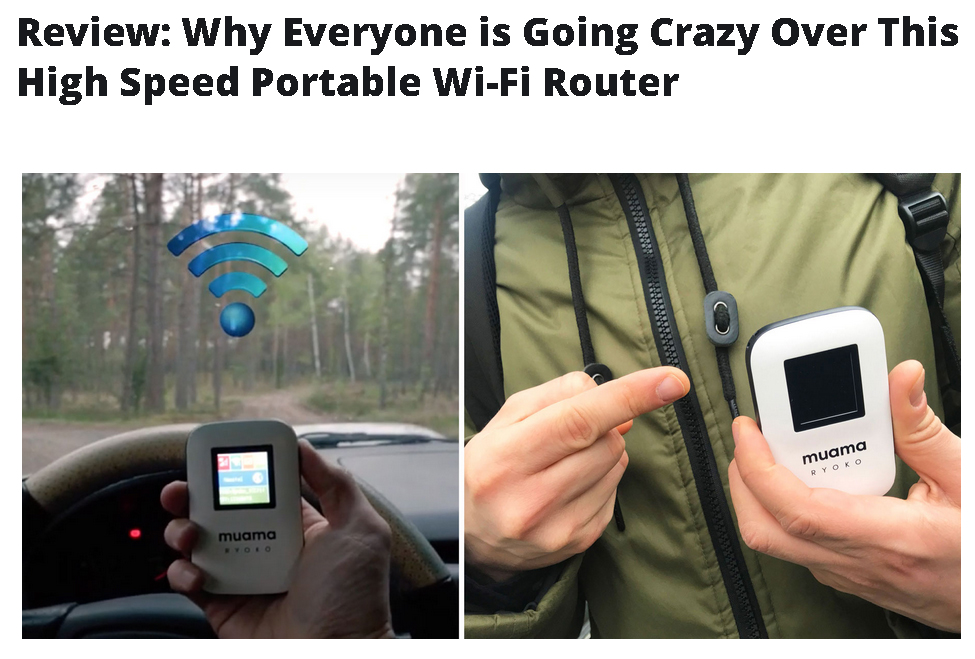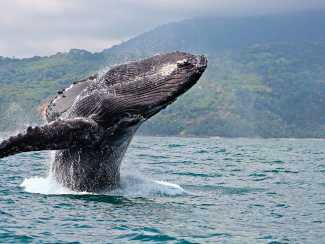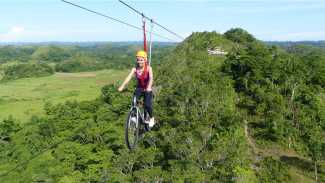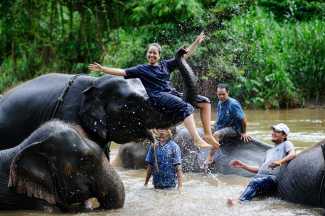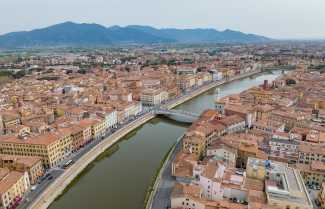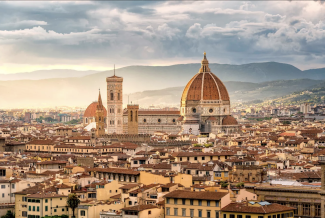Image by flyedelweiss.com
*Vacation Mode is a for-profit site. It contains paid banner advertisements that are generated and managed by a third-party network. This site also includes relevant affiliate links (both in the content and on the sidebar) all of which we do our best to clearly mark as such.
Is Liberia, Costa Rica Safe to Travel To?
Table of Contents
Geographical Location
Nestled in the northwestern part of Costa Rica, Liberia is the capital city of the Guanacaste province, renowned for its proximity to beautiful beaches and national parks.
Cultural Overview
Liberia, also known as the "White City" due to its white adobe houses, is a melting pot of cultures, influenced by its indigenous roots and colonial history.
General Safety Situation
Generally, Liberia is considered a safe destination for tourists. However, like any city, it has its share of safety concerns.
Safe Transportation Options
One of the key concerns when traveling is figuring out how to get around safely. Liberia offers several transportation options that are both safe and convenient.
Public Transport
Buses in Liberia are a popular and cost-effective way to travel. They are generally safe, but like in any public setting, keeping an eye on your belongings is advised.
Taxis and Ride-Sharing
Taxis are widely available and can be a safer option, especially at night. Ensure the taxi is licensed, and it's often recommended to have your hotel call one for you. Ride-sharing apps are also gaining popularity and can be a reliable option.
Areas to Avoid
While Liberia is largely safe, it’s wise to avoid certain areas, especially after dark. It's best to seek local advice on which neighborhoods are less safe and plan your travel accordingly.
Activities to do in Guanacaste, COSTA RICA
Video by Mlle Wanderlust
Accommodation Safety
Choosing Safe Lodging
A crucial part of your travel planning is where to stay. Liberia offers a range of accommodations from luxury hotels to local guesthouses. Researching and reading reviews can help you choose a safe and comfortable place.
Hotels vs. Local Stays
Hotels often provide more security with features like 24-hour reception and in-room safes. However, local stays can offer a more authentic experience. Whichever you choose, ensure they have good safety standards.
Online Reviews and Recommendations
Utilizing online platforms to read reviews and get recommendations is a great way to ensure you pick a safe accommodation. Look for consistent comments about safety and security from previous travelers.
Food and Water Safety
Safe Eating Practices
Experiencing local cuisine is a highlight of any trip, but it's important to do so safely. Stick to busy eateries with high turnover, which often means the food is fresh.
Street Food
Street food is a delicious way to dive into the local culture. To stay safe, choose vendors who prepare food in front of you and have a high number of local customers.
Drinking Water Considerations
It's generally safe to drink tap water in Liberia, but if you have a sensitive stomach, opting for bottled water might be a better choice. Also, ensure that ice in your drinks is made from purified water.
Natural Hazards and Climate Concerns
Weather Patterns
Liberia experiences a tropical climate with a dry season and a rainy season. It’s important to be aware of the weather forecast during your visit, especially if you plan outdoor activities.
Hurricane Season
While hurricanes are less common, the rainy season (May to November) can bring heavy rains and storms. It’s wise to stay updated on weather alerts during this period.
Earthquakes and Volcanoes
Costa Rica is in a seismically active region, so earthquakes are a possibility. Familiarize yourself with safety procedures in case of an earthquake. Volcanic eruptions are rare, but staying informed about any volcanic activity in the region is advisable.
Tips for Solo Travelers
Staying Safe as a Solo Traveler
Solo travel can be an empowering experience. Keeping family or friends informed of your itinerary, staying in well-reviewed accommodations, and trusting your instincts are key to staying safe.
Connectivity and Communication
Staying connected is vital. Consider a local SIM card for easy communication and access to maps and essential information on the go.
Meeting Locals and Fellow Travelers
Interacting with locals and other travelers can enrich your experience. However, always meet in public places and be cautious about sharing personal information.
Tips for Families Traveling
Child-Friendly Activities and Safety
Liberia offers many family-friendly activities. Ensure that the activities are age-appropriate and check for safety standards, especially for adventure activities.
Accommodation for Families
Family-friendly accommodations often have additional safety features. Look for places with positive reviews from families and amenities that cater to children.
Health Care Access for Children
Check the availability of pediatric services and the proximity of medical facilities from your accommodation. It’s also a good idea to travel with a basic first-aid kit for minor ailments.
Emergency Preparedness
Local Emergency Contacts
Keep a list of emergency contacts, including local police, ambulance services, and your country’s embassy or consulate.
Consulate and Embassy Information
Knowing the location and contact information of your consulate or embassy can be crucial in case of emergencies like lost passports or legal issues.
Health Emergencies
Familiarize yourself with the location of the nearest hospital or clinic. Travel insurance that covers medical emergencies is highly recommended.
Cultural Sensitivity and Respect
Understanding Local Traditions
Liberia's rich culture is part of its charm. Respecting local customs and traditions is important. This includes being mindful of dress codes at religious or cultural sites.
Dress Code and Behavior
Dressing conservatively can be respectful in many settings. Public displays of affection might be frowned upon in more conservative areas.
Language and Communication
While Spanish is the primary language, many people in tourist areas speak English. Learning a few basic phrases in Spanish can be helpful and appreciated by locals.
Latest Travel Advisories and Information
Government Travel Warnings
Stay updated with your government’s travel advisories for Costa Rica. This can provide crucial information about safety, health, and legal issues.
COVID-19 Updates and Regulations
Travel regulations can change due to COVID-19. Check for any travel restrictions, quarantine requirements, or health guidelines before your trip.
Political Climate
Being aware of the current political climate is important. Avoid areas where protests or political gatherings are taking place.
Personal Experiences and Testimonials
Stories from Recent Travelers
Reading about the experiences of recent travelers can give you real insights into what to expect. Travel forums and blogs are great resources.
Blogs and Travel Forums
Blogs and travel forums offer detailed personal accounts and practical tips from people who have recently visited Liberia.
Social Media Insights
Social media platforms can provide up-to-date information and firsthand experiences from other travelers.
Conclusion
Traveling to Liberia, Costa Rica, can be a safe and unforgettable experience with the right preparation and awareness. By understanding the local culture, staying informed about safety, and respecting the environment and community, your trip can be both enjoyable and secure.
FAQs
-
Is it safe to travel alone in Liberia, Costa Rica?
- Yes, with standard precautions and staying informed, solo travel can be safe and rewarding.
-
Are there any specific vaccinations needed for Costa Rica?
- While there are no specific mandatory vaccinations, it's recommended to check with your healthcare provider.
-
Can I drink tap water in Liberia?
- Tap water is generally safe, but if you have a sensitive stomach, bottled water is advisable.
-
What should I do in case of a medical emergency?
- Contact local emergency services and inform your embassy if necessary. Ensure you have travel insurance that covers medical emergencies.
-
How can I stay updated on safety in Liberia?
- Check travel advisories, follow local news, and stay connected with your embassy or consulate.


